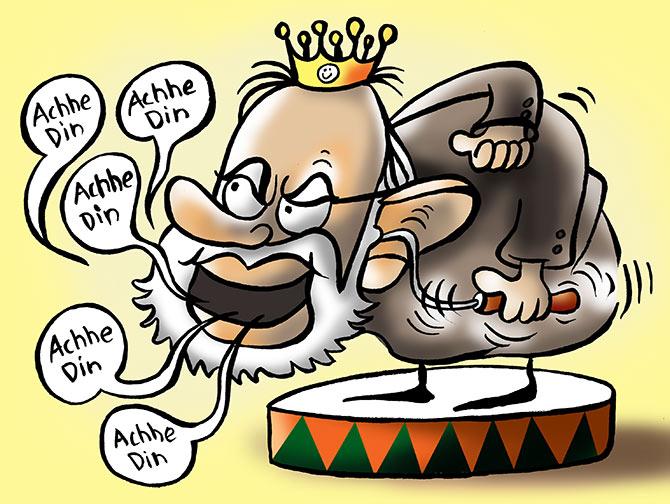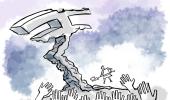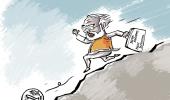While freight traffic has gone up, the Google location data shows more people are stepping out of their homes.

Some weekly indicators of India’s economic activity show more of a recovery than others, as the country opens up after over two months of lockdown.
While freight traffic has gone up, the Google location data shows more people are stepping out of their homes.
Internet speeds are similar to what was seen before the lockdown.
Business Standard looks at these and other indicators as a means of tracking economic activity ahead of the more comprehensive data, which is often released with a lag.
Analysts have started to track similar numbers in right earnest after the lockdown in China, which was first affected by Covid-19 before it became a pandemic.
The usual macroeconomic indicators like trade and gross domestic product numbers are often released after a gap, and even then are available only monthly or quarterly.
The use of higher frequency indicators like internet speeds gained traction as a means of assessing the fast-changing situation on the ground.
Business Standard tracked six indicators. Traffic, railway freight, pollution, and power are all for the previous week. Google and internet download speed numbers appear after a few days.
Railway freight traffic shows a 4.4 per cent increase in goods transported. Previously, it had been significantly lower than last year’s numbers. Freight earnings are still down 8.2 per cent.
Google anonymously tracks location data for analysis.
It slots places by category (grocery, workplace, residential, etc). The data for India shows that the number of workplace visits has gone up.
The decline from normal is only 38.7 per cent, significantly lower than the 65.9 per cent fall seen during the peak of the lockdown.
Business Standard looked at a seven-day rolling average for the analysis.
The latest numbers are for May 29. Other than workplace visits, grocery and pharmacy numbers showed a rise.
This ties in with the data on internet loads.
Global internet tracker Ookla provides the data on download speeds, which tend to be slower when more people are working from home.
Videoconferencing becomes more common, and consumption of entertainment online also goes up during a lockdown.
The drop in internet speeds because of lockdown seems to be reversing.
Median mobile download speeds are up 2.9 per cent, compared to pre-lockdown, while median fixed download speeds are down only 3.4 per cent.
The traffic data shows more vehicles on the road.
An average of Mumbai and New Delhi traffic numbers shows an uptick in congestion, though still far from normal.
The data is from TomTom International, which tracks traffic across major global cities. Like previous weeks, New Delhi shows greater recovery than Mumbai.
There are two indicators that portray a less optimistic picture - power generation and the emission of nitrogen dioxide.
Power generation had shown signs of going back to the levels before Covid-19.
This trend has reversed recently. The gap widened to more than 20 per cent for the week ended Friday, against less than 10 per cent the previous week.
Nitrogen dioxide is emission from industrial activity and vehicles.
This dropped during the week ended Friday in both Mumbai and Delhi.











